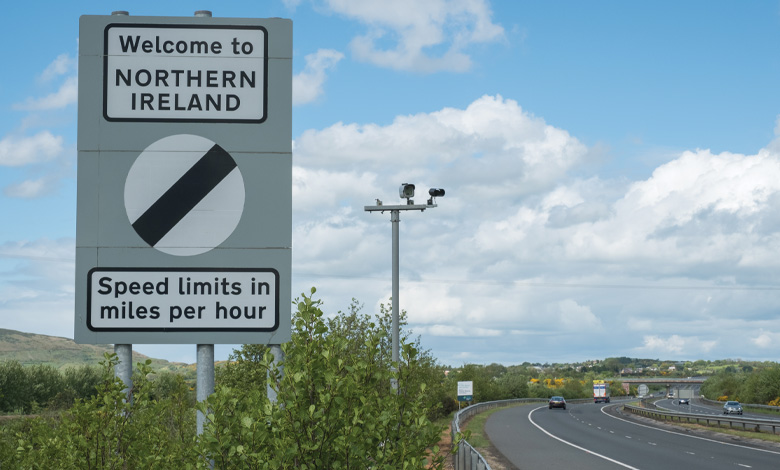Attracting investment: A missed opportunity

Economist Paul Gosling argues that failure to make Northern Ireland an attractive place to live and work for young people means that the region will continue to miss out on the opportunity to rebalance foreign direct investment on the island.
In 1998, the Good Friday Agreement (GFA) brought our society an expectation of much improved times. I moved to Northern Ireland the following year, carried over from Britain on a tide of optimism. It was exciting, but what has happened since is disappointing.
Yes, the violent conflict is over. Communal murders are few, though drugs-related criminality cloaked in paramilitary trappings remains widespread. But it is our failure to achieve a better quality of life for our citizens that represents failure. Too many of our jobs are low skilled and low paid, while our employment rate of 72 per cent is low.
An illustration of what that means to our young adults was expressed in a survey conducted recently by the Pivotal think-tank. Over 40 per cent of young people intend to move away, rising to over 45 per cent of those who are currently in work. And that jumps even further to nearly 60 per cent of people who do not define themselves within the traditional nationalist and unionist divisions.
Yet this should be a moment of enormous opportunity for us. Despite the difficult economic context, our neighbours to the South are doing well – in a sense, too well. Wages and salaries in the Republic are much higher than in Northern Ireland (exactly how much depends on which pay figures are compared – but employee pay is at least 24 per cent higher in the Republic of Ireland), but so is the cost of living. Average rents in the Republic are more than twice those in Northern Ireland.
These statistics should help us attract inward investment.

Yet our success is limited, for obvious reasons. If so many of our young adults, including the best qualified, want to leave, what does this say to businesses considering locating here? Political instability and continued intercommunity tensions are a negative factor both for our young adults and opportunistic investment.
Since the GFA, our political institutions of government have been down for over 40 per cent of the time. At present, departments are making cuts that deeply damage the fabric of our society and hit hardest those poorest families least able to cope. Programmes in schools that support children from the most deprived backgrounds to catch up with their more privileged peers are being destroyed. That serves as a metaphor for what is happening across ‘government’.
There is now no expectation that a lasting fix can be found to the mutual contempt so clearly expressed by the major parties. Not only will we continue to have either an insecure government or no government, but this fails to provide the example of reconciliation and partnership that our society clearly needs.
How will parties that literally hate working together agree the programme of reform so clearly needed, not least to attract those businesses attracted to this island yet put off by Dublin’s costs? While health always heads the need-to-reform list, it is not alone. Health is an economy issue as well as one of life and wellbeing. Long waiting times for treatment leave employers without key staff for often years at a time unless employer or employee pays privately for treatment.
Former BBC Chair Michael Lyons’s recent review of Invest NI made clear the agency needs to up its game and change its focus. Yet, instead, funding to our primary economic development agency has been cut by 15 per cent. One of Lyons’s core criticisms was that Invest NI had overlooked opportunities created by the need to plan and invest for a low carbon economy.
There is a comparable picture across much of society. Our energy and water infrastructure is out of date, needing massive investment. It is the same with rail and roads. Our schooling system perpetuates division, not just between pupils from different community and religious backgrounds, but also based on academic selection. This leads to early disengagement for many pupils and lifelong underachievement. (ESRI’s excellent paper Education Across the Island of Ireland is recommended as background to this.)
There is a much wider reform agenda that needs to be addressed. We have too few university places for the needs of employers, provoking a brain drain of talent. We have too little of the high-level technical skills that are widespread within our most successful competitor economies, and while we should be investing substantially in childcare to enable more parents to work, we instead underfund it compared to the rest of the UK.
Of course, it is necessary to be positive and to plot a way out of this dire situation. The British Government and the EU thought they had achieved that with the Windsor Framework, but the continued blocking of devolved government raises questions about whether we will ever get stable political leadership. If we do, the challenges really begin. That long list of necessary reforms has to be addressed urgently and seriously. If our political leaders did that, we would be in a great place to hoover up more of the investment coming to this island.





